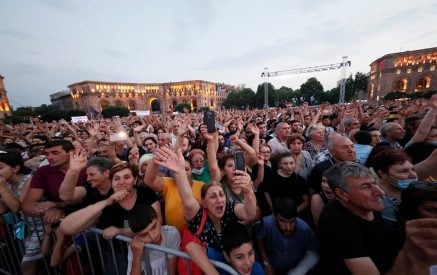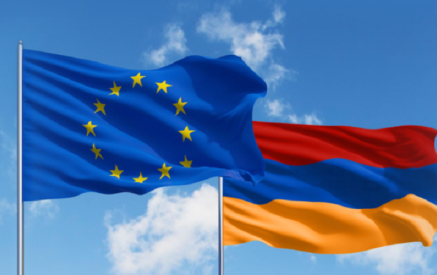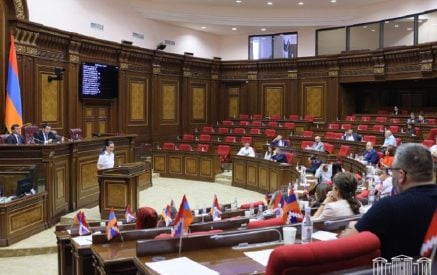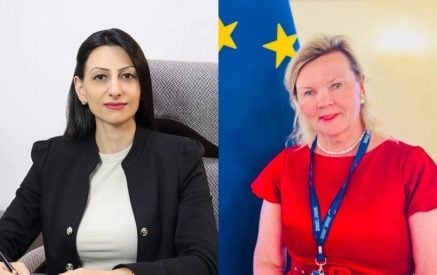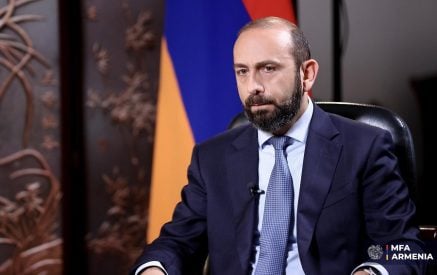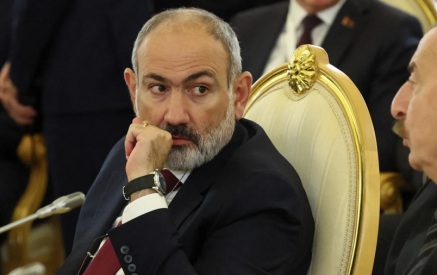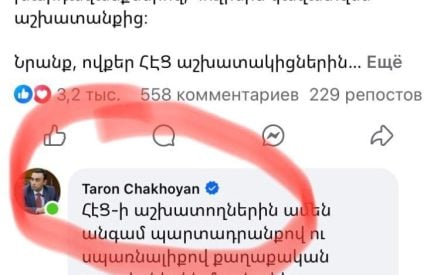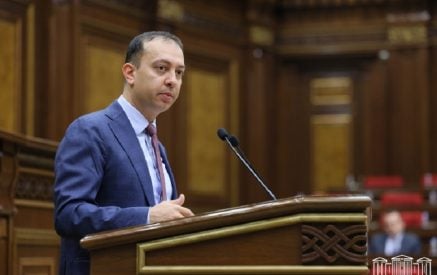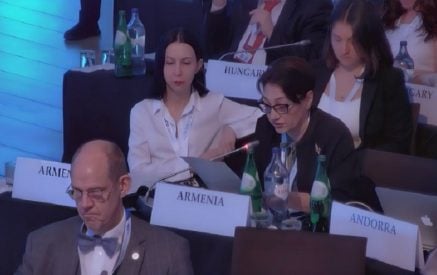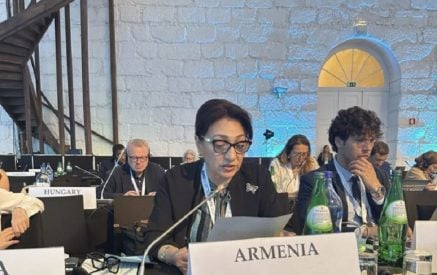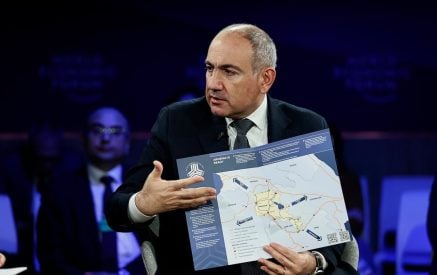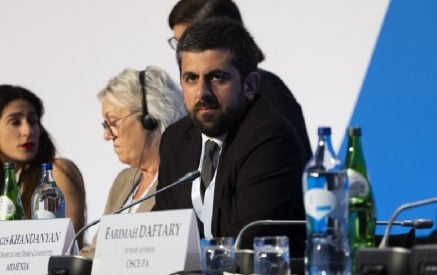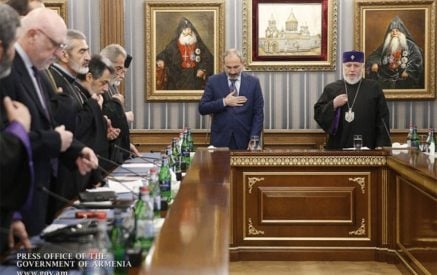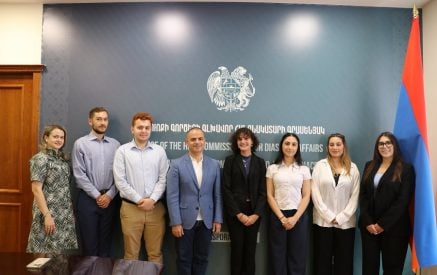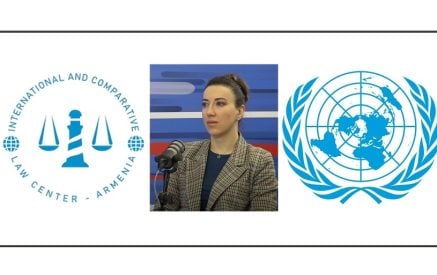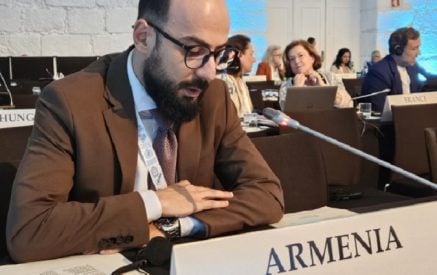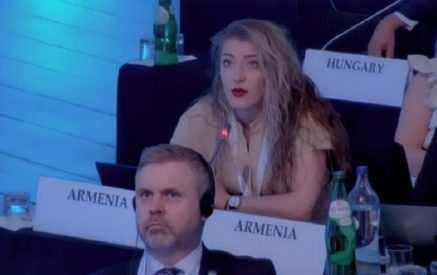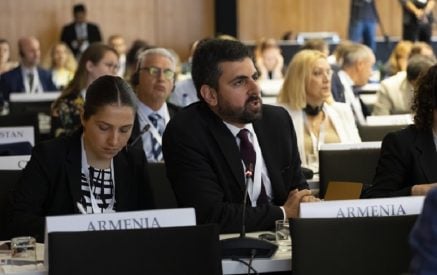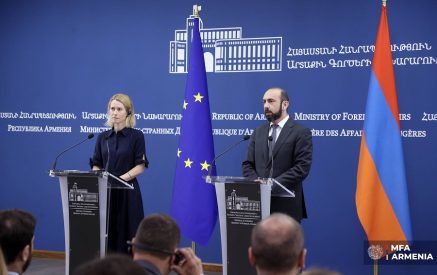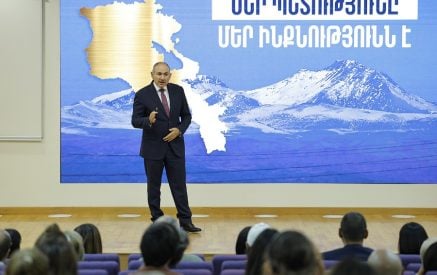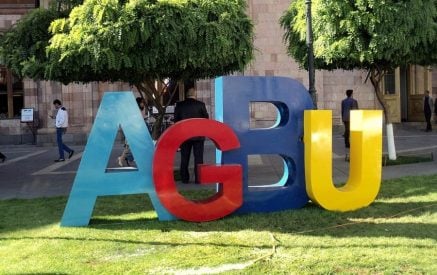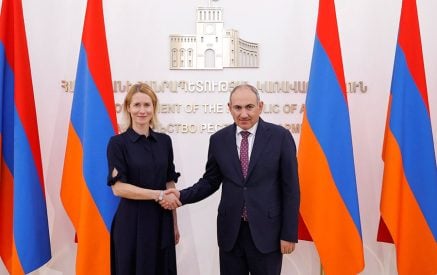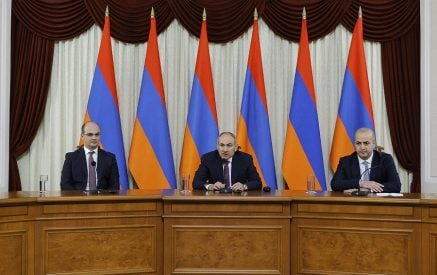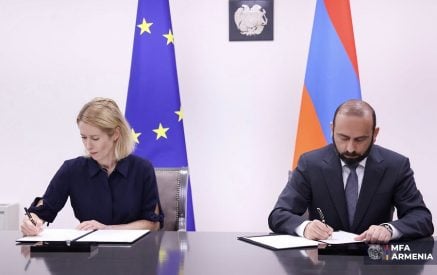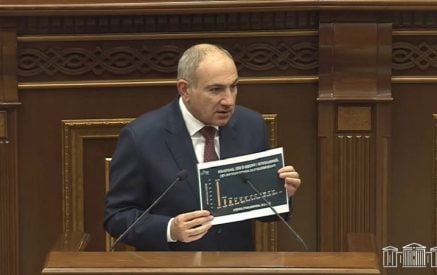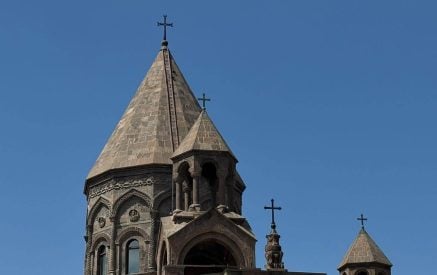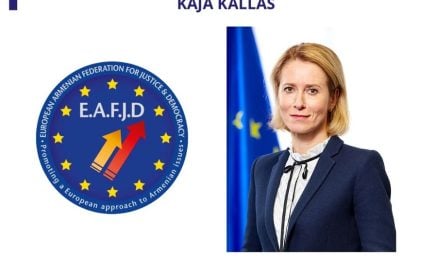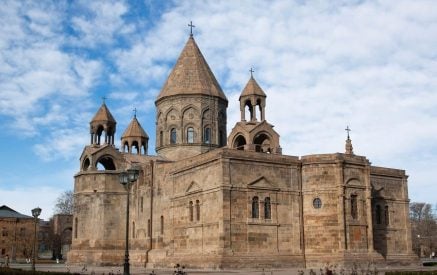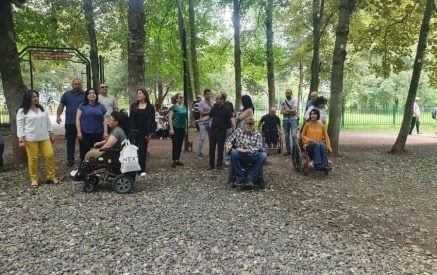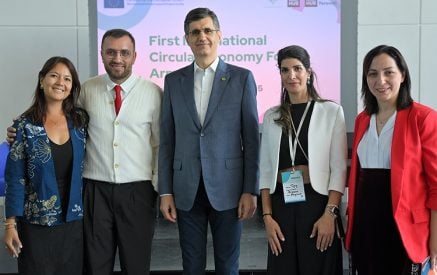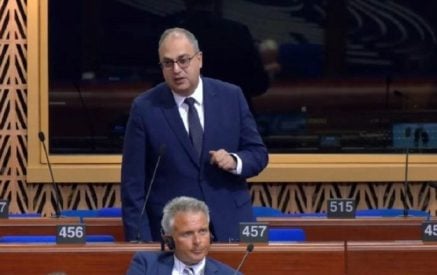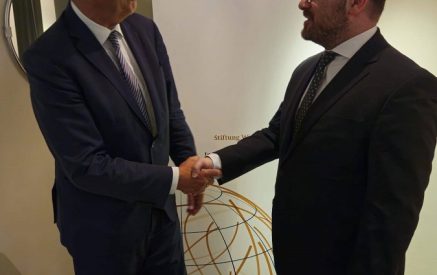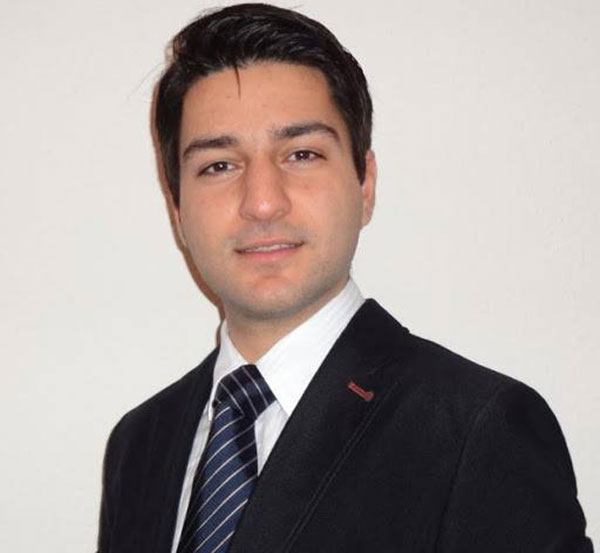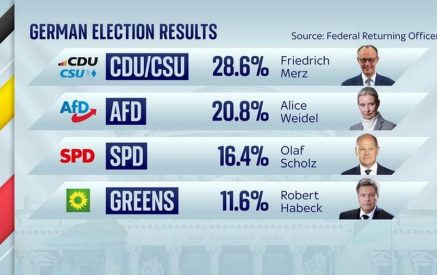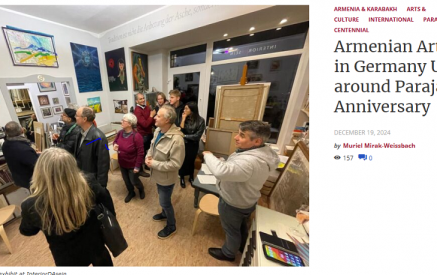In an interview with “Aravot”, political analyst of Munich University, Alexander Stepanyan, comments on the situation in the Bundestag after the adoption of the resolution on the recognition of the Armenian Genocide.
– Mr. Stepanyan, recently, the German Bundestag made a historical decision – its responsibility for the recognition of the Armenian Genocide, as an ally superpower of the Ottoman Empire during the World War I. Undoubtedly, this first of all is an issue related to Germany to confront with it’s the then own history, despite the tough resistance of Turkey today. In your opinion, why did it happened now?
– On the one hand, what happened now was a result of slow but consistent work by the German parliamentarians, particularly the “Greens Party” in terms of studying the Armenian issue. The events of last years associated with the centennial of the Armenian Genocide served as a stimulus, particularly, President of Germany Joachim Gauck’s speech, in which he for the first time used the word “Völkermord”, which means “genocide.” On the other hand, I do not exclude that the timing and the result of voting were not accidental and were not associated with the accent of tension in today’s relations between Berlin and Ankara. Germany’s journalism community, the significant segment of the political elite were displeased with Erdoğan’s odd stance and his series of demarche. Merkel personally did not participate in the vote in the Bundestag, as well as Deputy Chancellor and Foreign Minister. They are talking with President Erdoğan, aren’t they? It is obvious that the country leaders are afraid of his reaction and are reluctant to once again infuriate him with their “yes”. They could not allow themselves even to say “no” to the resolution.
– The Turkish community is the largest community in Germany. The media reported about the multi-crowded protest against the stance of German lawmakers. However, you as a German resident, how do you assess the stance of the Turkish community? Do the German-residents agree with the protesters? Are there alternative positions? And to what extent is the protest “local” if “Ankara’s hand” plays a significant role there?
Read also
– Certainly, there are alternative positions, it is enough to mention that one of the initiators of the resolution, the representatives of the “Greens” is of Turkish descent, actually he was born and raised in Germany. But my impression is that Erdoğan and his idea of the revival of the “powerful nation” enjoy a great popularity for many Germany-based Turks and even the majority. Many people watch Turkish TV channels by automatically falling under the influence of official Ankara. It is the same result as in the case of the Russians living here who are fed daily by Putin’s television fairy tales.
– Ankara strongly reacted to the resolution unanimously adopted by the Bundestag, they recalled their ambassador and intimidated with “serious consequences.” In your opinion, how will the adoption of the resolution react on the relations of Germany with Turkey when the first wave of emotion weakens?
– Perhaps, few people expect other response from Ankara. The Germans were ready for such level of emotions but they maintain balance. The relationship between the two countries is so great that hardly Erdoğan would express dissatisfaction for a long time. We must also confess that he cannot either leave the decision of the German Parliament unanswered. The politically weak role does not benefit it. I think the sentiments of the majority in Turkey on Genocide is more extreme than Erdoğan’s’ posture and he cannot neglect such things. He is obliged to take them into account and use it to its advantage.
– Many people in Germany, as well as in other EU countries are criticizing Germany’s Chancellor Angela Merkel for her position on the refugee crisis by easing up Ankara. Incidentally, it is noted that such a policy enabled Erdoğan to blackmail not only Germany but also the whole Europe. How do you see the further developments of the events in this direction after the adoption of a resolution by the Bundestag? Does Germany have real leverage to prevent the possible destructive processes?
– Yes, it is criticized and they are right. Merkel and her Christian Democratic party are now losing the electorates’ support. The fact that the German Chancellor with her policy on refugees made herself a hostage to Erdoğan there is no doubt. Frankly speaking, all the steps by Merkel since the autumn of 2015 do not fit in the pragmatism special for her. Now, we are dealing with a different Merkel. Merkel – who has betrayed the majority of the conservative electorate. Merkel – whose position led to a crisis in the great coalition and the twin force – the counteraction of the ruling Christian-Social Union in Bavaria. Merkel – who in the beginning of the migration crises, first, opened the borders by sending powerful symbolic signals to potential refugees, among whom there were not only and not so many Syrian refugees. Merkel – who later acted alone at the EU level, which led to growing misunderstanding with Eastern European neighbors. Many people in Germany, Austria and even France, not to speak about Eastern Europe, did not like it, and they made it clear to Merkel not to cherish great hopes of in providing support for accepting a great number of refugees. As a result, saving her position, Berlin turned its face to Erdoğan. In recent months, Erdoğan was only busy with blackmailing its German counterpart. Merkel even allowed initiating a criminal case against the German satirist who allegedly has insulted the dignity of the Turkish President on German television. All this adversely affects the opportunities of the Christian-Democratic Party to have success in the 2017 parliamentary elections. We are expecting to strengthen of edges in the political spectrum: from the lefts to the extreme rights. Will they be more capable of negotiating with Erdoğan? I doubt. On the other hand, I do not think that Ankara’s anger after the adoption of this resolution will lead to the imposing sanctions against Berlin for the refugee crisis. Most probably, Ankara will strengthen the work with Germany-based Turks, will increase its influence on the local electorate in Germany, thus trying to make the ruling coalition nervous.
EMMA GABRIELYAN
“Aravot”



